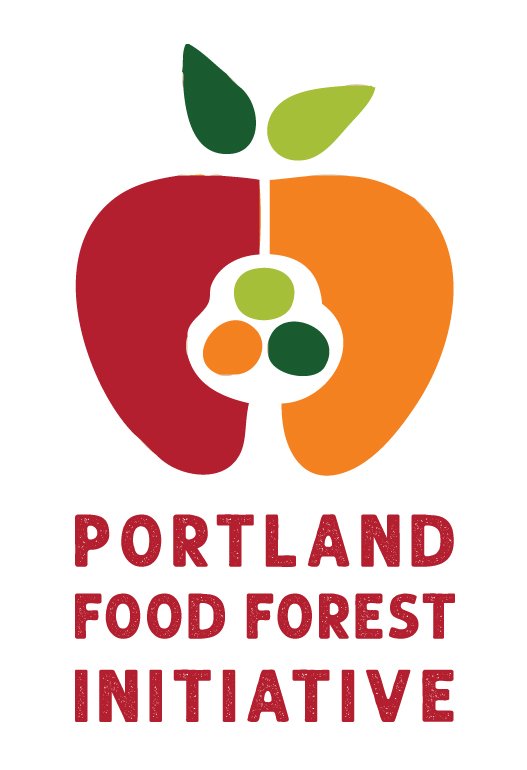What is urban ecological multispecies equity?
We acknowledge that, for thousands of years, the indigenous peoples of the Pacific Northwest, on whose land we stand, stewarded and improved all habitat they inhabited and often tended perennial food forests. We aim to develop relationships with the land and its inhabitants through deep listening and openness. We acknowledge that colonialism’s interruption of Indigenous rights and stewardship has been destructive to all beings.
We acknowledge that we operate within an unjust, racist society where the architecture of systemic racism currently and historically has barred many BIPOC from owning land and having access to resources necessary to grow food on a home-scale or farm-scale. We commit to taking an anti-racist approach and building partnerships that reflect the diversity of the people in the places we work.
Converting ecological dead-zones (lawns) into diverse, thriving ecosystems.
Multispecies equity is an important part of intersectional equity and justice. Creating habitat for non-human beings is necessary for the establishment of a diverse ecosystem that will provide food security for humans, especially traditionally marginalized groups. It is our duty as a keystone species to create abundance, fecundity, and improve our landbase where it has been degraded.
Connecting landless Portland residents who are passionate about permaculture, regenerative ag, and stewardship with homeowners who don’t value lawns, allowing the development of relationships between landless steward, plants, animals, and fungi while building community.
Most opportunities for urban agriculture for the landless are limited to tiny community garden plots which don’t allow for the creation of a diverse perennial foodscape ecosystem or a development of an understanding of relationships of interbeing among ecosystem actors. We facilitate an educational experience for our program participants unavailable elsewhere. The skills and knowledge base our stewards gain from working with us and our food forests provides them with a valuable toolkit that they can share with others in their community.
Growing nutrient dense foods to donate and distribute to community members who lack food security.
Rising prices of all food items in recent years has made high-quality fresh produce unaffordable for the most vulnerable Portlanders leaving them to rely on highly processed industrial ag byproducts products with little nutritional value. We donate the surplus yields from our food forests to local food banks and free fridges connecting people suffering food insecurity with extremely nutrient dense fresh produce.
Our food forests provide an enduring free educational outreach component in underserved communities for people of all ages, with the intention of empowering homeowners and community members to participate in decentralized autonomous food production.
This statement is intended to be a living document that evolves as we deepen our understanding. We welcome input as we grow in this work and are thankful to those who guide us.
